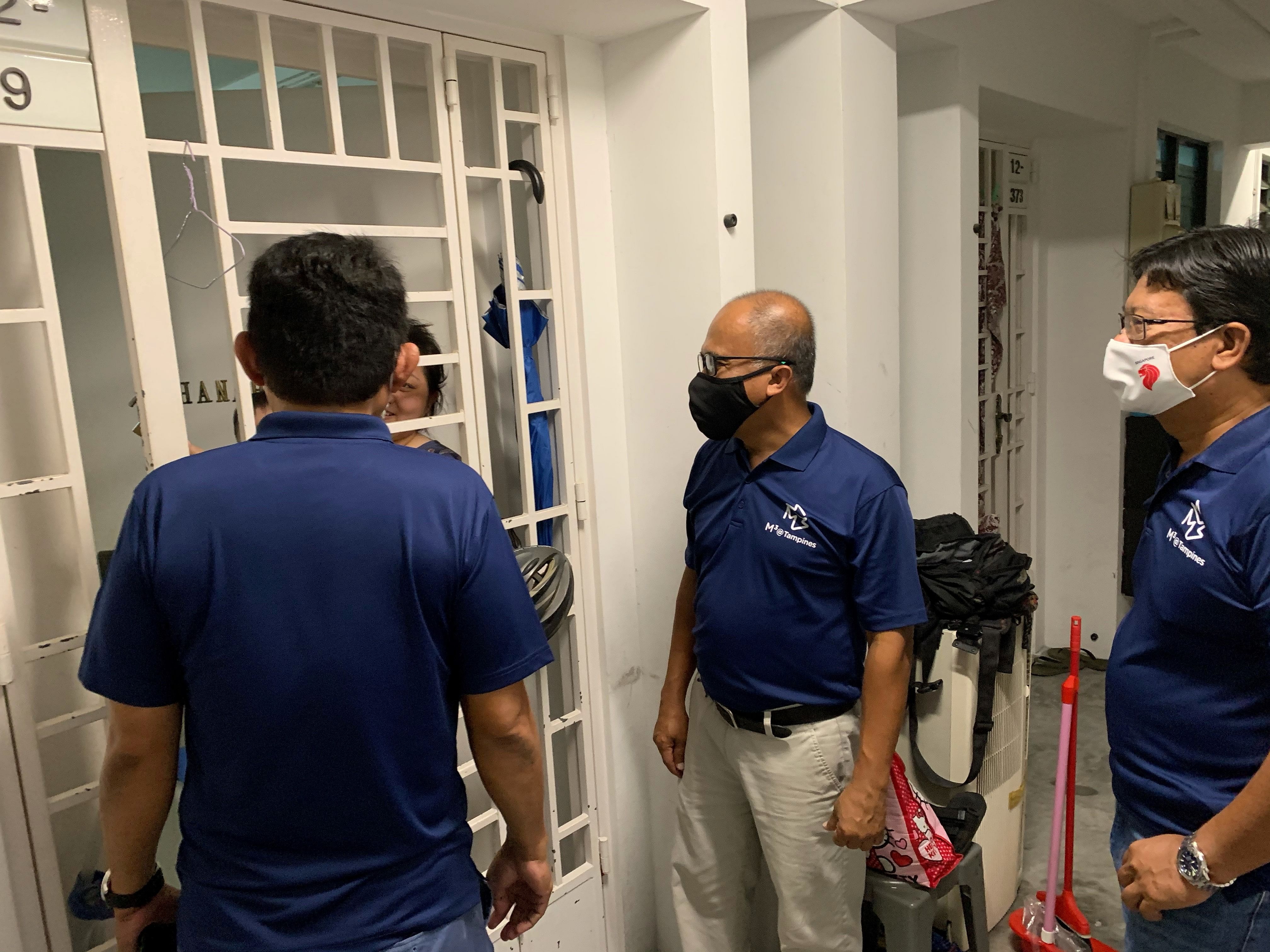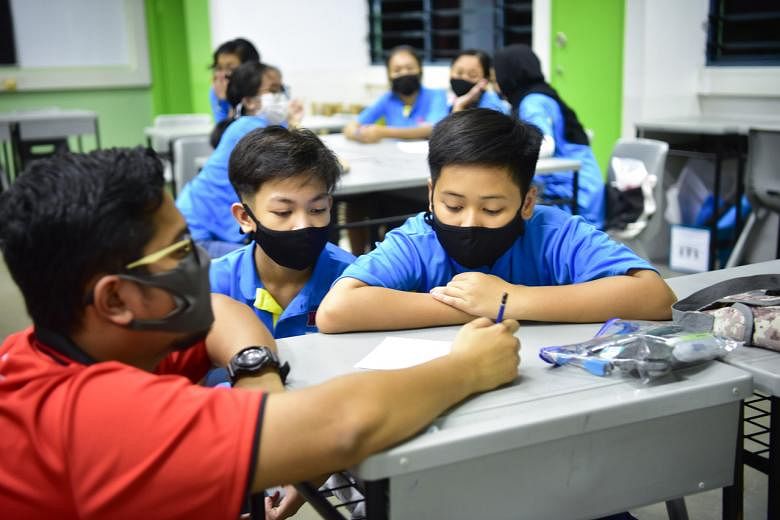SINGAPORE - The Malay/Muslim community has made significant progress over the past decade, with higher household incomes, and more attaining higher educational qualifications and doing well at work.
But there are also worrying trends when it comes to home ownership and education, said Prime Minister Lee Hsien Loong.
The Government will work to address these issues so that everyone in Singapore can progress together, he said on Sunday (Aug 29) at the National Day Rally.
In his 15-minute Malay speech, Mr Lee cited data from Census 2020 that showed that more Malays across all ages are attaining higher qualifications.
He also pointed out that the proportion of Malay university graduates has doubled, and the proportion of Malays working as professionals, managers, executives and technicians (PMETs) has increased as well.
"As a result, Malay household incomes have gone up too. Well done!" he said.
But the same census report also highlighted some worrying trends. For example, while most Malay families, like other Singaporean families, own their homes, the proportion of Malay households in rental flats has increased.
The data showed that the number of Malay households in one-and two-room HDB rental flats more than doubled in the past decade, from about 9,100 in 2010 to about 18,600 last year.
In comparison, the number went up from 28,000 to 28,700 for Chinese households, and from 4,600 to 6,800 for Indian households.
Mr Lee attributed the increase in the proportion among Malays to several reasons, including how young married couples might want to live independently before they are ready to buy a flat.
While this is understandable, he said, that there are also some couples who may have suffered sudden changes in family or financial circumstances, or who may be facing complex challenges and have difficulties planning for their future.
Every year, some of these households are able to buy their own homes and move out of rental flats with the Government's help, said Mr Lee. He stressed the importance of home ownership, and called on the community to help more of its members recognise how this is a means to secure a better future.
"We must help more households in rented flats recognise that renting is only a temporary housing solution, and to encourage them to stabilise their income so that they can move towards home ownership, and progress with the rest of society," he said.
Highlighting the importance of community efforts, Mr Lee pointed to the Project DIAN@M3 initiative, which seeks to improve the lot of Malay families in public rental flats by providing holistic support through national and community initiatives. The aim is to guide them towards owning their homes.
The scheme, announced in June 2021, is managed by the Engagement Coordination Office under the Government's M3 programme - a tie-up between self-help group Mendaki, the Islamic Religious Council of Singapore (Muis) and Mesra (the People's Association Malay Activity Executive Committees Council).

Turning to education, Mr Lee said Singapore must pay extra attention to students who are falling behind. Such students may lack self-confidence and motivation, or might have family problems that hinder them from doing well.
As Singapore strives to build an inclusive society, education is key to this, Mr Lee said. This is why the Government invests heavily in pre-school and education, he stressed.
He also made special mention of the Uplift task force that brings together government agencies and community partners to provide early and sustained support for disadvantaged students of all races.
Malay/Muslim organisations and the M3 network are complementing this effort, he said, adding that he is happy to see students benefiting from national and community programmes.
He gave the example of a polytechnic graduate from a lower-income household. She and her siblings have been supported by government and community organisations throughout their time in school, and have thrived in their studies.
This shows that the right care environment and support can make a big difference.
"By helping those who are struggling, we make meritocracy work for all of us and enable everyone to progress together as one nation," PM Lee said.


